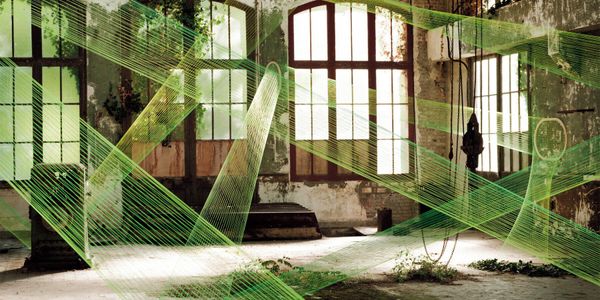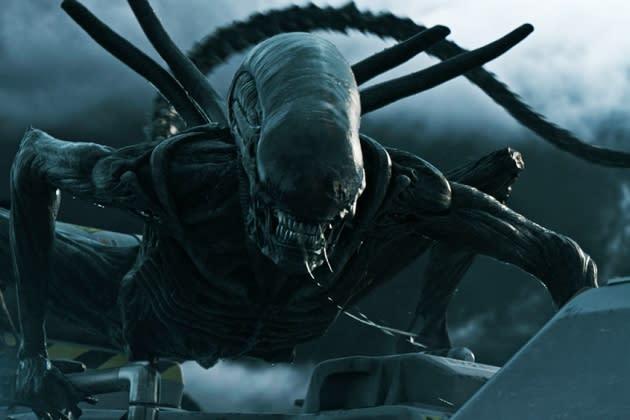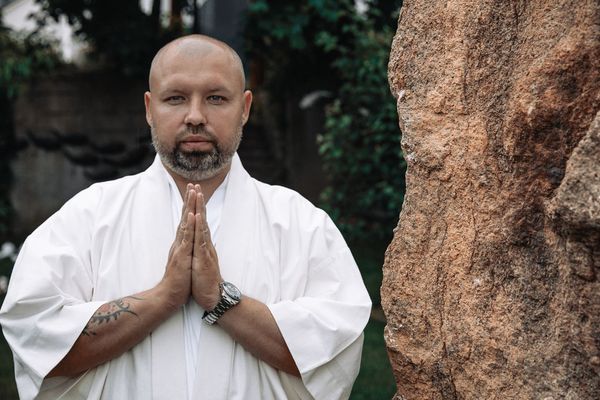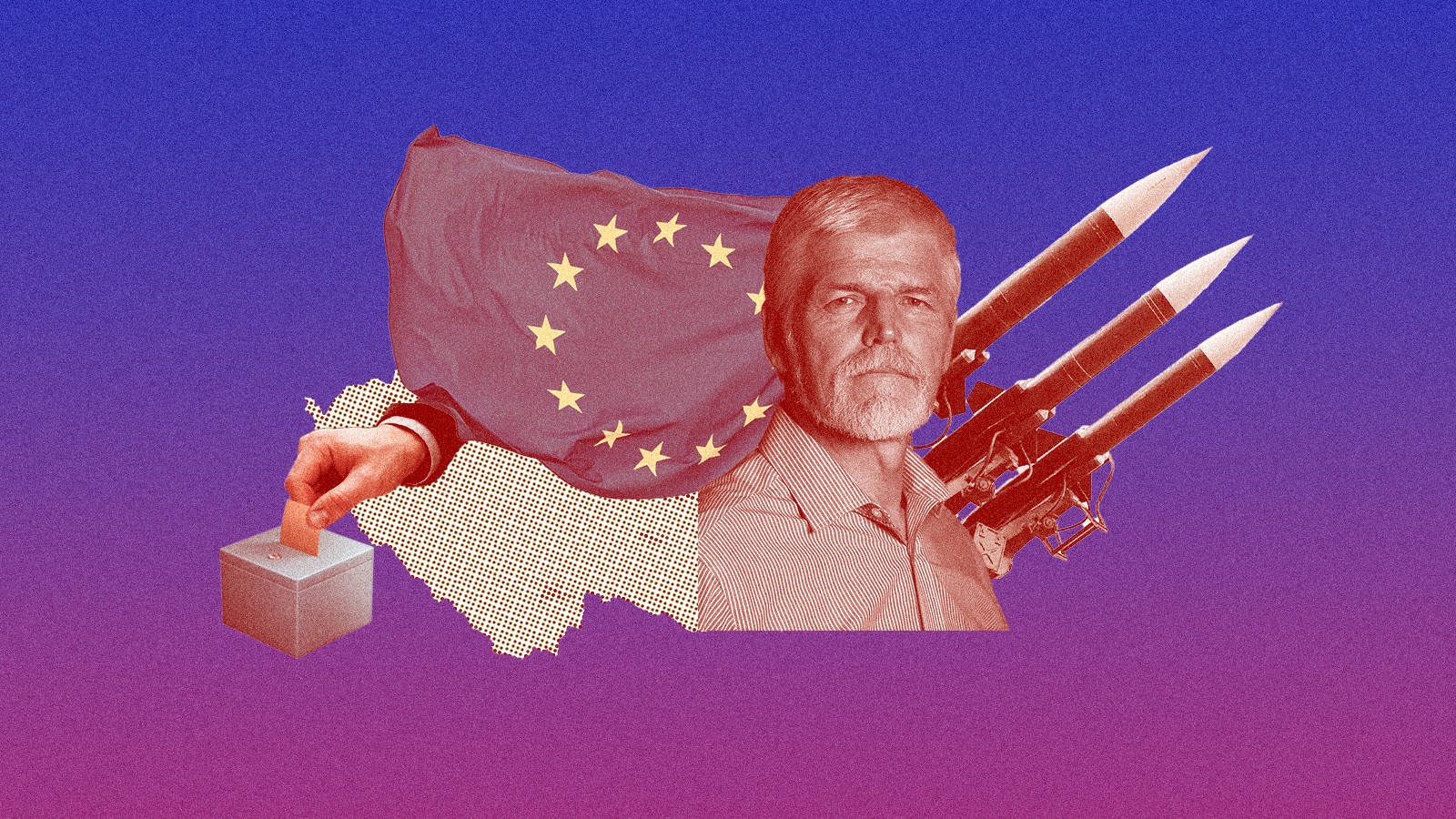Petr Pavel is the new president of the Czech Republic: the retired general defeated Andrej Babiš by a significant margin and took office as the new Czech head of state after the end of Miloš Zeman’s term in March.
Petr Pavel received 58.3% of the votes in the Czech presidential election, defeating former Prime Minister Andrej Babiš, who represents a contrasting, Eurosceptic ideology. Pavel is pro-EU and pro-Ukraine, critical of the Visegrád Group, and vehemently condemns Russia’s aggression. Moreover, he supports Taiwan, which creates mistrust and frustration among the leaders of the People’s Republic of China. So, what can Czechia expect from the new president on the world stage?

The newly elected president is critical of the Visegrád Group, the alliance of Czechia, Hungary, Poland, and Slovakia. Pavel expressed his skepticism by saying that the four states’ fundamental differences made it questionable whether the organization serves any purpose. He referred to the Hungarian government’s stance on the Russo-Ukrainian war, the EU affairs, and the relations with China. Nevertheless, he believes having a shared position between CEE countries is important, and „despite his skeptical view, he would not propose the dissolution of the V4.”
Pavel already made a risky decision before his presidential inauguration: the 61-year-old newly elected head of state had a phone call with Taiwanese President Tsai Ing-wen in late January. Beijing opposed the call by claiming that Pavel „has hurt the feelings of the Chinese people.” The new Czech president mentioned the phone call even on Twitter, posting that he assured Ing-wen that Czechia and Taiwan share the values of freedom, human rights, and democracy.
The leaders of the People’s Republic of China consider Taiwan being a part of their country, so, of course, they deplored Pavel’s overt support of Taipei. A Chinese spokesperson said, "we urge the Czech Republic to take immediate and effective measures to correct the wrongdoing, undo the negative impact of this incident and credibly abide by the one-China principle.” According to the one-China principle, Taiwan is part of China, with the sole legitimate government being the one in Beijing. With this move, Pavel is also shifting away from the policies of Miloš Zeman, who served as President until March. Zeman is an ally of Andrej Babiš, who supported Beijing’s principles and maintained a somewhat friendly relationship with Moscow.
Today, I spoke with the president of Taiwan Tsai Ing-wen. I thanked her for her congratulations and I assured her that Taiwan and the Czech Republic share the values of freedom, democracy, and human rights. We agreed on strengthening our partnership.
— Petr Pavel (@general_pavel) January 30, 2023
Regarding Russia’s aggression, Pavel’s position is clear and unequivocal: he fully supports Ukraine and fiercely condemns the invasion. Moreover, he would welcome devastated Ukraine into NATO as soon as the war ends because he believes Kyiv is „morally and practically ready” to join. Pavel advocates massive support for Ukraine and does not rule out the possibility of the invaded state receiving F-16 fighter aircraft from the Western allies. This step has so far been rejected by US President Joe Biden, and no progress has been made in this regard. Furthermore, Pavel is extremely proud that Czechia was among the first to support Ukraine and does not believe that widespread support means higher threats regarding the war’s escalation. „We have no alternative,” he told BBC. „If we leave Ukraine without assistance, they would most probably lose this war. And if they lose, we all lose.” The new president also said that European leaders have a duty to explain to their nations why supporting Ukraine is a key priority. Pavel’s rival, Andrej Babiš, referred to the vehement support of Ukraine as warmongering during the campaign, aiming to make his more „peaceful” and moderate stance appealing. This narrative was strengthened by billboards from Babiš’s side with the slogan „I will not drag Czechia into a war. I am a diplomat, not a soldier.” Furthermore, someone sent fake text messages to many Czech voters in the name of Pavel’s team, claiming the former army general would support mobilization in Czechia. It has not been revealed who was behind the defamation.

Moreover, the issue of Babiš’s and Pavel’s communist past was also a frequent topic during the campaign. Both of the two final candidates were members of the ruling communist party before the regime change. Pavel felt it necessary for his career, and Babiš, who is a wealthy businessman, tried to make political gains from the retired general’s communist past but forgot his own involvement in the then-regime.
Pavel served as Chairman of the NATO Military Committee from 2015 to 2018, and unsurprisingly he could win more than 3.3 million votes with his commitment toward the Western allies and Ukraine. In contrast, Andrej Babiš got only 2.4 million votes. Pavel has a progressive, liberal agenda, especially compared to other Central and Eastern European nations: he supports same-sex marriage and the introduction of the euro. His watchwords for his presidency are justice, dignity, respect, and humility. How this will work out in practice remains to be seen, but Czechia’s domestic and foreign policy can change significantly in the coming continuously turbulent period.
Graphics: Roland Molnár

Colorful optical illusions in a new exhibition in Paris

New Alien movie to be shot in Budapest










